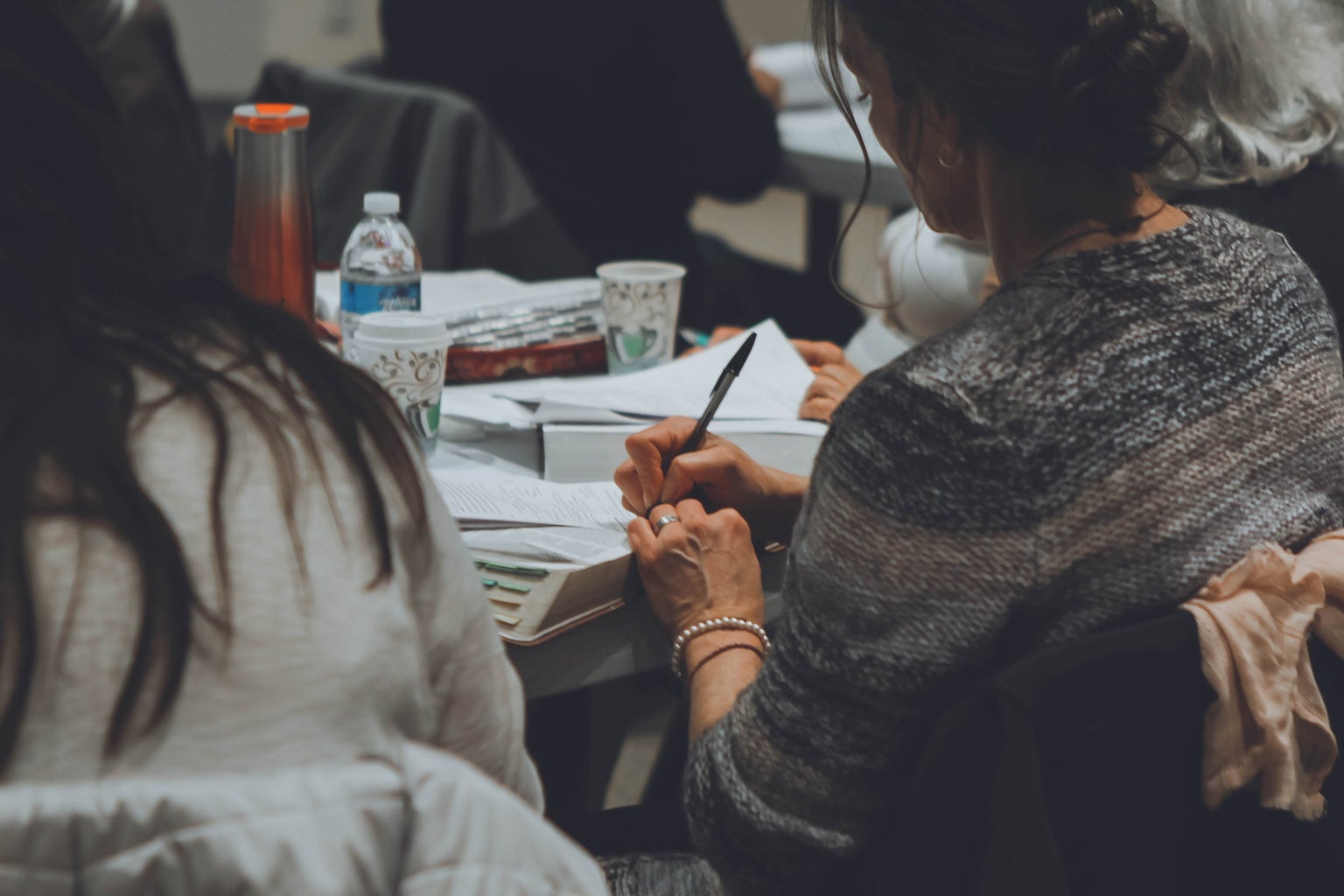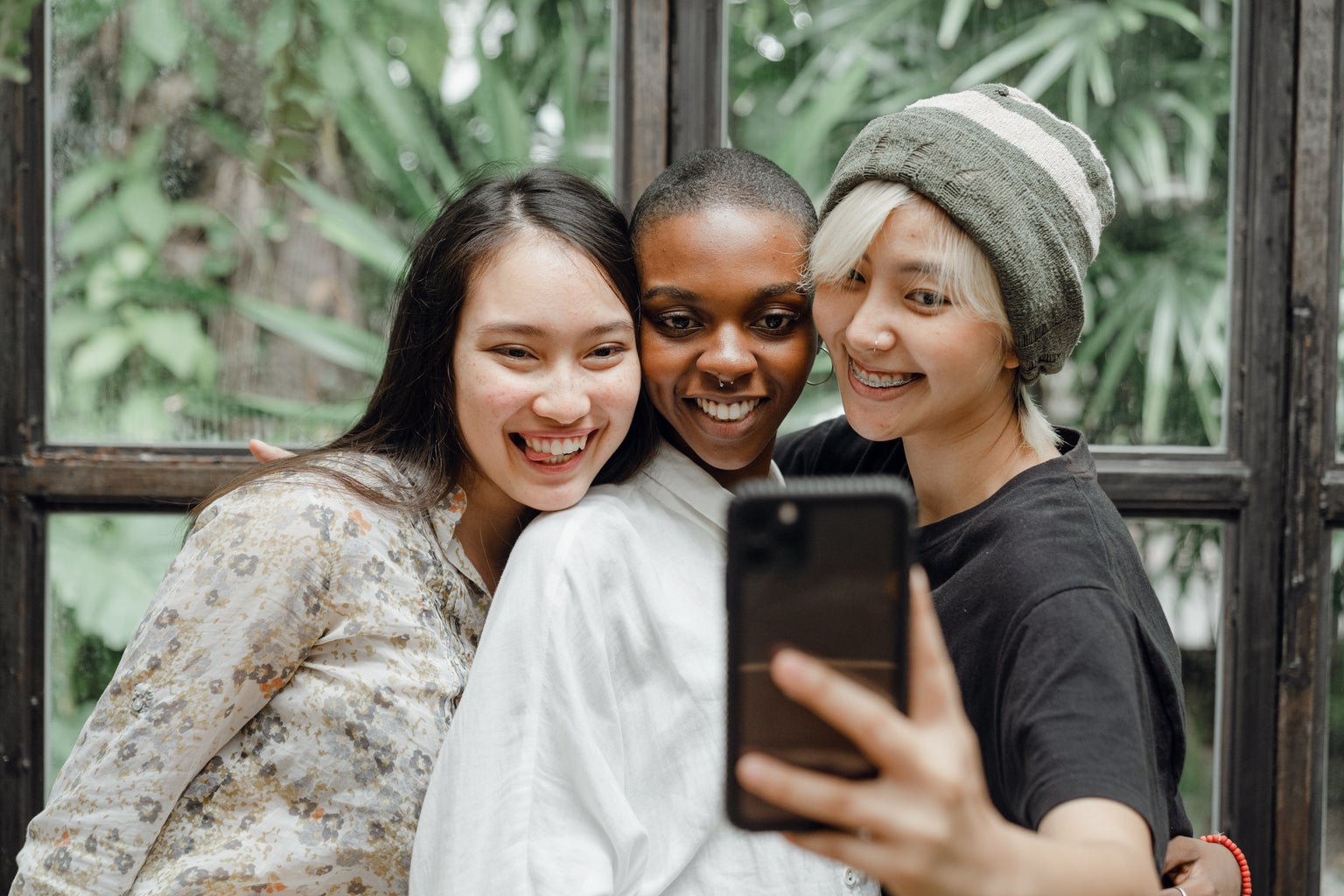As I scrolled through a list of English Major requirements last summer, my eye caught on a snag in my “To Be Completed” column — I still needed to complete one of my breadth requirements. More specifically, I needed to take one of the “Gender, race, ethnicity, disability, and sexuality studies” courses offered at UCLA.
Perhaps with no surprise (being a writer for a college women’s publication and all), my mind immediately went to the Feminist and Female Writers courses for the Fall, as I love exploring the works of women that have inspired me to be a writer. But as fate would have it, all of the classes were already filled (a sincerest thank you to my ongoing record of securing the worst enrollment times on campus). Thus, I swiftly enrolled in the only available course left that completed the requirement: M102A, A Survey of Asian American Literature.
And to make a long story short, that was one of the best decisions I have made in my entire academic career.
That class may have started out as a scramble to complete requirements, but the experience ended up being an intense immersion into a culture I (unknowingly) knew nothing about. The course’s dive into Asian American literature, film and cultural landscapes introduced us students to media that standard English curricula usually hop over.
We’ve all read The Book Thief for AP Lang and watched the Pearl Harbor film in APUSH, but have we studied the internment of the Japanese in the United States during WWII? Have we discussed the intense prejudice and discrimination members of the AAPI community have suffered for over a century?
Classes such as “A Survey of Asian American Literature” offer students a different lens to view the world through, but they also impose a different perspective upon the cultural makeup of America. More than that, they provide an opportunity for students like me to hear first-hand testimonies about living as a minority.
It was truly eye-opening to listen to the stories of students whose names I normally wouldn’t know (not because I’m mean but because classes are too big, I promise!). These young men and women have struggled, been spat upon, cursed at, discriminated against and so much more — yet I had no idea. Hearing their stories changed my life.
Moving forward, I’ve become a firm advocate for branching out of usual class enrollments and exploring the diverse cultural perspectives offered throughout numerous departments at UCLA. Experiencing the works of a culture different from our own can help us become better allies and supporters of those communities, as well as remind us to reflect upon how we treat others and carry ourselves in the real world.
Don’t turn a blind eye to the growing number of minority communities comprising our country. Through well-intentioned education and conscious efforts, we can all garner a better understanding of the experiences of others and become better allies for every culture and community.





